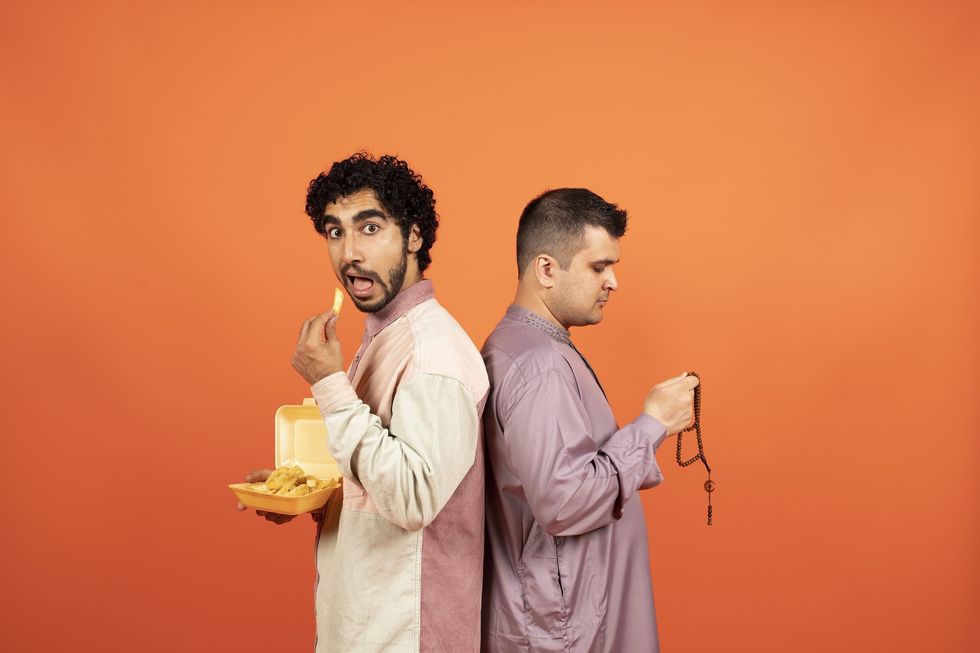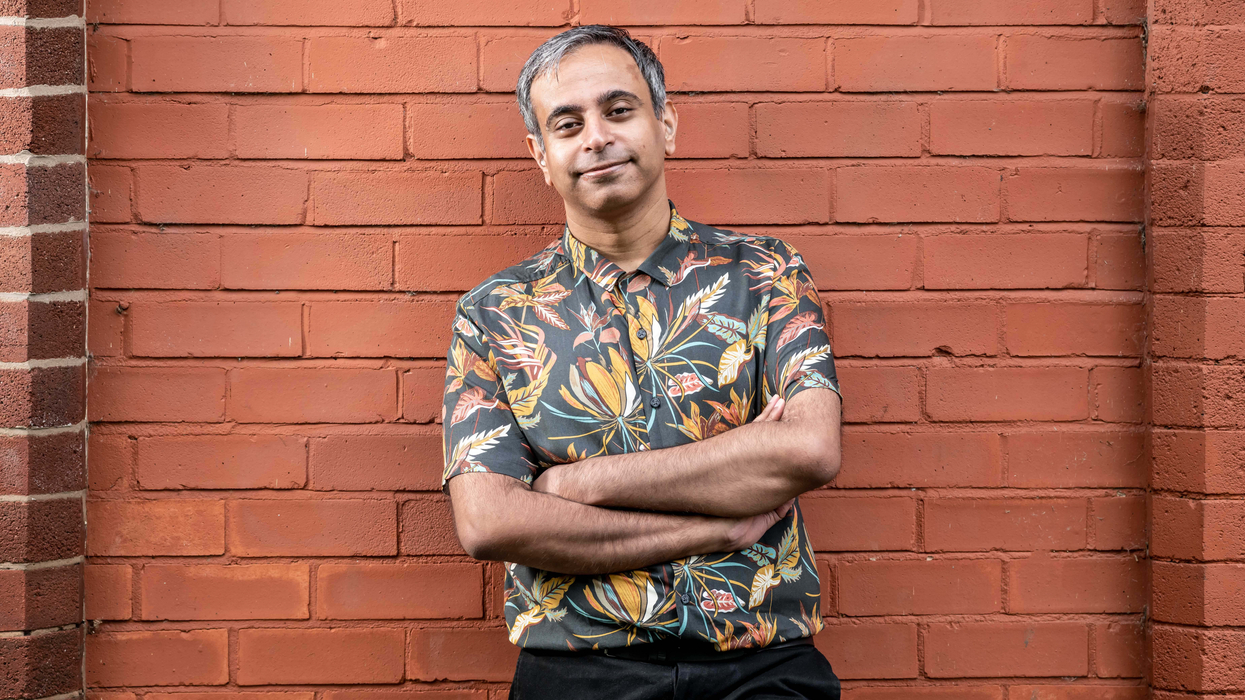RECENTLY commenced theatre play 10 Nights is the latest offering from acclaimed writer Shahid Iqbal Khan and it is perhaps his most unique work yet.
The comedy-drama being staged at Bush Theatre in London until November 6 revolves around a man who decides to take part in itikaf, which is sleeping and fasting in the mosque for the last 10 nights of Ramadan, but soon regrets that decision and is forced to confront a side of himself he’s been trying to keep hidden.
Eastern Eye caught up with the writer to discuss his funny and emotional story of one man’s journey of self-discovery.
What inspired your new play 10 Nights?
I was on the Graeae writing programme Write To Play. One of the assignments was to write a five-minute monologue. I based the monologue on some of my experiences of observing itikaf. Then out of that monologue grew a bigger play with a fictional story.
How does this compare to your other written work?
From the production point of view, it’s very different from my previous plays. Graeae and Tamasha care deeply about making art accessible to as many people as possible. Every single performance will have English and Urdu captions, as well as BSL and audio description. Graeae integrates BSL and captions into the performances so that it feels organic and not as if it’s something that has been conveniently tagged on.
What is the key message you want to convey with this story?
I don’t have a specific message to impart. I leave it up to the audiences to take away what feels relevant to them. But there are themes and messages in the play about self-acceptance, forgiveness, and patience.

Are you not afraid that centring a play around a mosque would cause controversy?
I have a fantastic team that comprises of a Muslim cast and creatives. If I was the only Muslim creative involved, then I definitely would be worried. I would be very busy making sure that everything was authentic and respectful. But luckily, I have a great team who are aware of all the mosque etiquette and pronunciation etiquette and that really helps a lot.
Who are you hoping will connect with the story?
Everyone! That’s probably too ambitious but I hope it resonates at a human level so that anyone – regardless of their religious background – finds something to connect with.
Do you have a favourite moment?
That’s like asking which child is your favourite. All of the moments are my favourite. I do have a soft spot for the beginning because it asks a question and then the rest of the play is about seeking an answer to that question on a subconscious level.
So, what according to you makes for good theatre?
That’s hard to pin down. I think good theatre is when the audience is engaged, and you can feel the buzz in the air. And people often forget that there is a lot of variability in live performances. One show might be lacking in energy and the cast aren’t having a good day. But the following day, it can feel like a completely different play if the cast has picked up their energy levels and given it their all.
How do you feel as a creative that lockdown has lifted, and performances are on again?
I’m very excited. I was quite emotional when I went to my first post-lockdown play. It was See You At The Octagon at Octagon Theatre.
What can we expect next from you?
More plays! I’ve been selected to undertake a commission and writing attachment to Graeae and Royal Court in 2022. I am really looking forward to using this time to explore and develop my creative practice.
Why should we all watch 10 Nights?
It’s in the studio space at Bush Theatre. It’s a lovely warm intimate space with a long history of amazing theatre. Just to step into that space would be an enormous privilege in itself.
www.bushtheatre.co.uk




